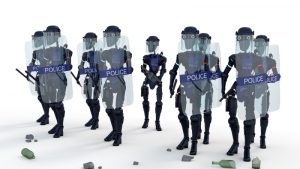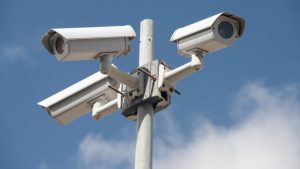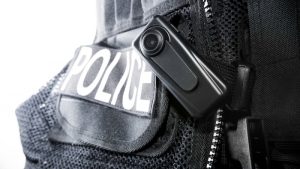As support for marijuana legalization grows across the country, police departments are looking for new ways to detect if drivers are under the influence of the drug.
The Senate Committee on Commerce, Science, and Transportation will mobilize 911 emergency services at the insistence of the Federal Communications Commission
As policing methods come increasingly under fire by the public, cities across the country are looking to digital methods to improve outcomes and bolster public trust. By 2030, the typical North American city will rely heavily on Artificial Intelligence technologies for public safety and security, according to a recent report from Stanford University.
Federal information sharing is key to combating terrorism and cyber threats, according to law enforcement representatives from several states.
A new tool called the Electronic Recovery and Access to Data Prepaid Card Reader allows police officers to check the balance of cards, including credit and debit cards, gift cards, hotel key cards, library cards, and Metro cards. The device will be useful because criminals rarely travel with stacks of paper money anymore.
The Baton Rouge Department of Information Services on Aug. 19 created an interactive map to track damage as the Louisiana city dealt with disastrous flooding. Within hours, 10,000 people, including rescue teams, had used the map.
The Office of the Public Defender this week requested that the Baltimore Police Department (BPD) halt its recently disclosed aerial surveillance program immediately and until the public is briefed and defense attorneys are given access to the footage. The previously secret aerial surveillance program was revealed to the public last week. The program uses technology […]
Body worn cameras are becoming increasingly popular devices for police officers around the country. However, with a recent scorecard on BWC policy, Upturn suggests that accountability with wearable camera usage may be a widespread problem.
Some local police departments across the country are using body cameras to record interactions with civilians. A new app is available to civilians who also want to record those interactions.
A RAND Corporation report casts doubts on whether the Chicago Police Department’s algorithm-based, predictive policing program, which generates a Strategic Subjects List of people that the system believes are most likely to kill or be killed, is actually helping police quell violence in the city.














